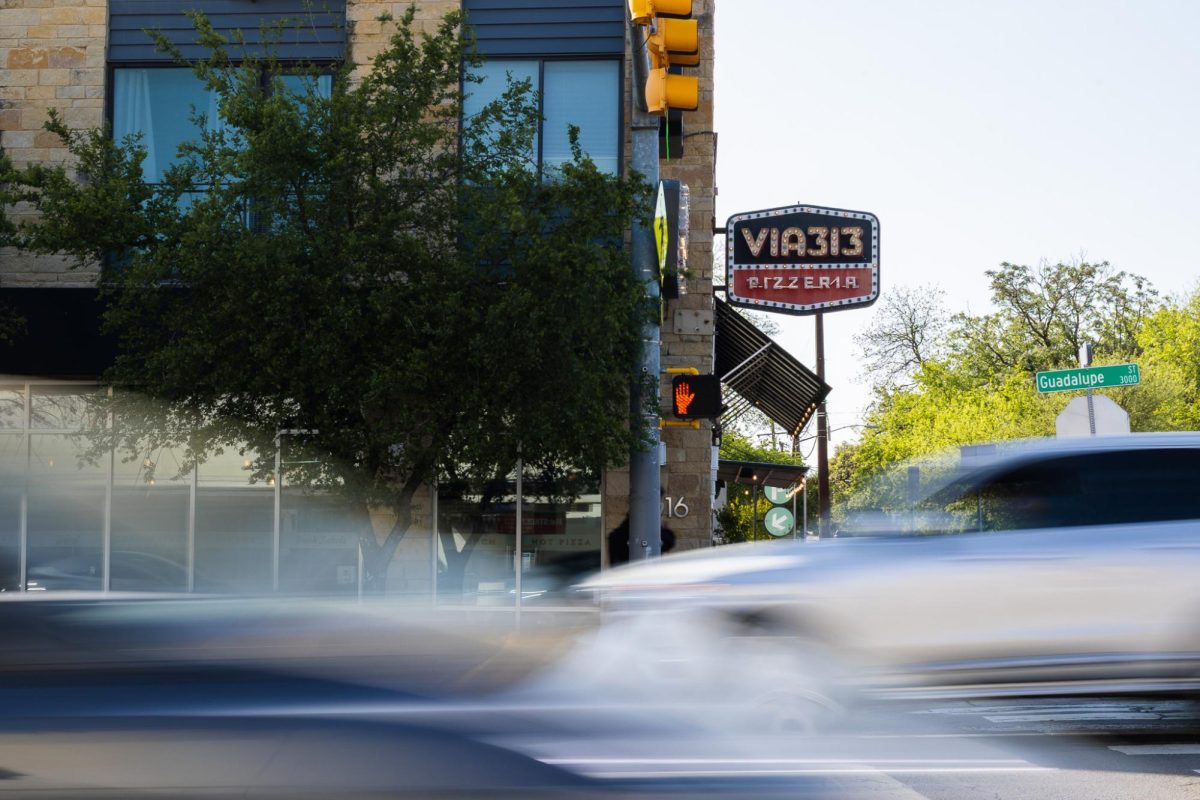A follow-up ordinance to the one that drove Uber and Lyft out of Austin will now require ride-hailing companies to pay fines if they fail to comply with fingerprint background checks.
Approved last December, the original ordinance mandated a series of percentage benchmarks for fingerprinting Transportation Network Company (TNC) drivers. These benchmarks require that 25 percent of drivers undergo fingerprint background checks by May 1, followed by 50 percent by Aug. 1, and ultimately 99 percent by Feb. 2017.
Austin City Council convened in June to establish the penalties companies will incur if they don’t meet the established thresholds. The item passed by a vote of 8-2-0-1, with council members Ellen Troxclair and Don Zimmerman voting against the ordinance and council member Greg Casar not present at the time of the vote.
Mayor Steve Adler said he voted against the amendment on the first reading because he believes market incentives are the best way to promote fingerprint background checks.
“I think that most of us share the same goal here and I think it's to reach biometrically-linked background checked drivers,” Adler said. “We disagree on the best path to get there.”
Council member Ann Kitchen outlined the potential consequences.
“They will not be eligible for ‘Safety Assurance,’ which means they have to pay an additional 1 percent,” Kitchen said.
This additional 1 percent would be subtracted directly from the company’s annual revenue and would be enforced on top of the current 1 percent they already pay to the city. They would also be barred access to typically lucrative events, such as ACL.
Failure to turn in monthly reports detailing the number of drivers who have passed fingerprint background checks will incur a daily fee of $500. Ultimately, if ridesharing companies do not meet the 99 percent threshold by 2017, they will lose their operation license.
The City Council also approved an amendment to the ordinance that allows for some flexibility regarding the percentage deadlines.
Jason Stanford, communications director for Mayor Adler, said companies will have a three-month grace period following the deadline in 2017.
Mayor Pro Tem Kathie Tovo further explained the amendment’s intention.
“It allows those companies that are really gearing up and adding a lot of drivers, to have that time to bring all their drivers into compliance,” Tovo said.
Fingerprint background checks are still relatively new for TNCs. Ride-hailing companies remaining in operation after Uber and Lyft pulled out of Austin have been adjusting to the latest measures.
UT alumnus Matthew Hausmann spoke against the amendment at the meeting, saying TNCs, such as Uber and Lyft, have better safety records than cab companies.
“The regulation that it's enforcing is unjust and shouldn't have been passed in the first place,” Hausmann said. “So the proper way to minimize the damage caused by the regulation is just kinda, you know, not enforce it.”
Nikki Evans, operations manager at Wingz, has been driving for the company for the past six weeks. Evans is one of several hundred drivers who have been fingerprinted for a background check.
“Getting fingerprinted isn’t something that will turn me away from a company,” Evans said. “The process was simple and didn’t take long at all.”
Austinites are also adjusting to alternative transportation choices after Uber and Lyft’s departure. Psychology senior Saima Quamar said she agrees with the latest measures.
“Knowing these drivers have passed background checks personally makes me feel safer,” Quamar said.





















